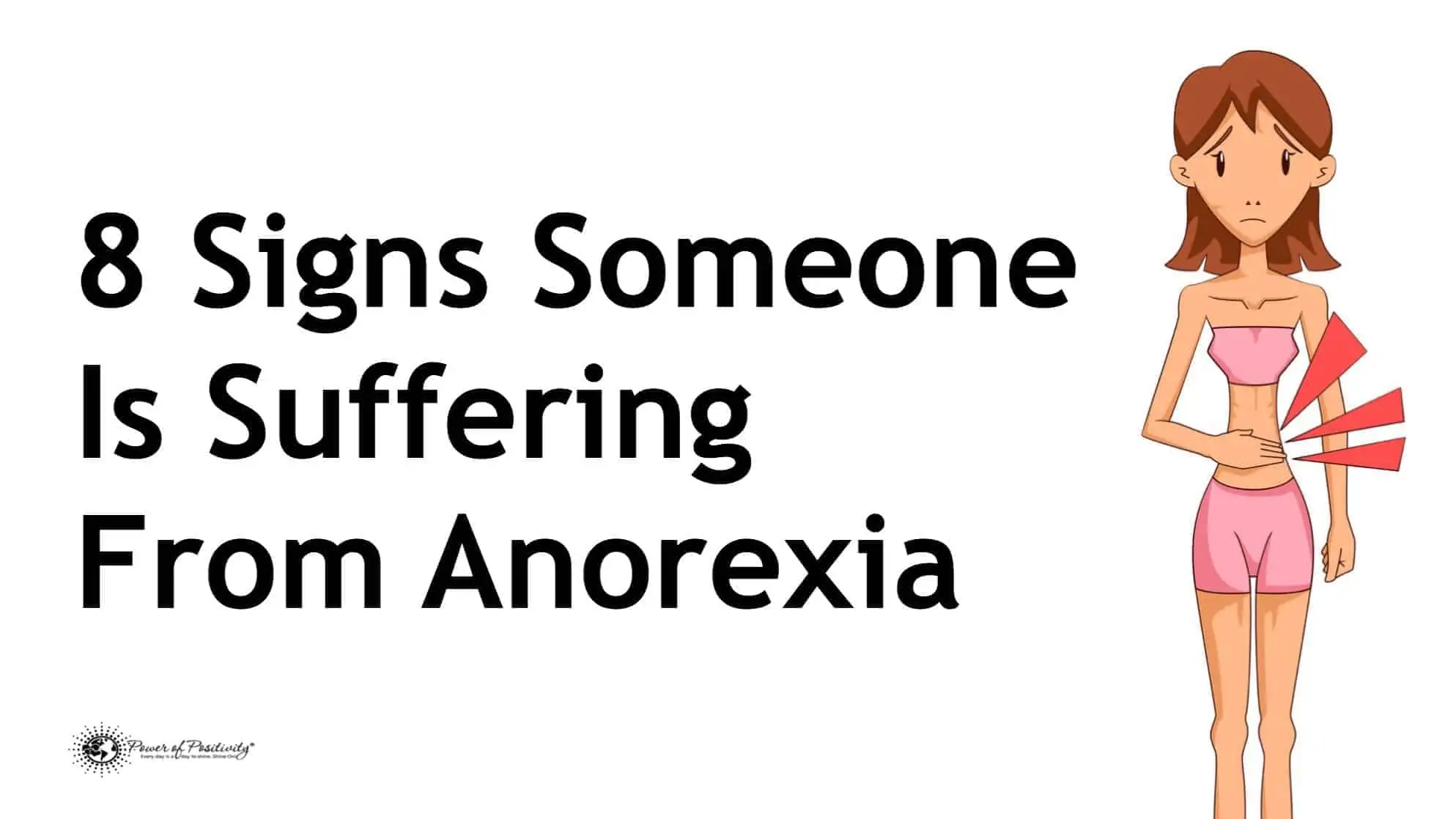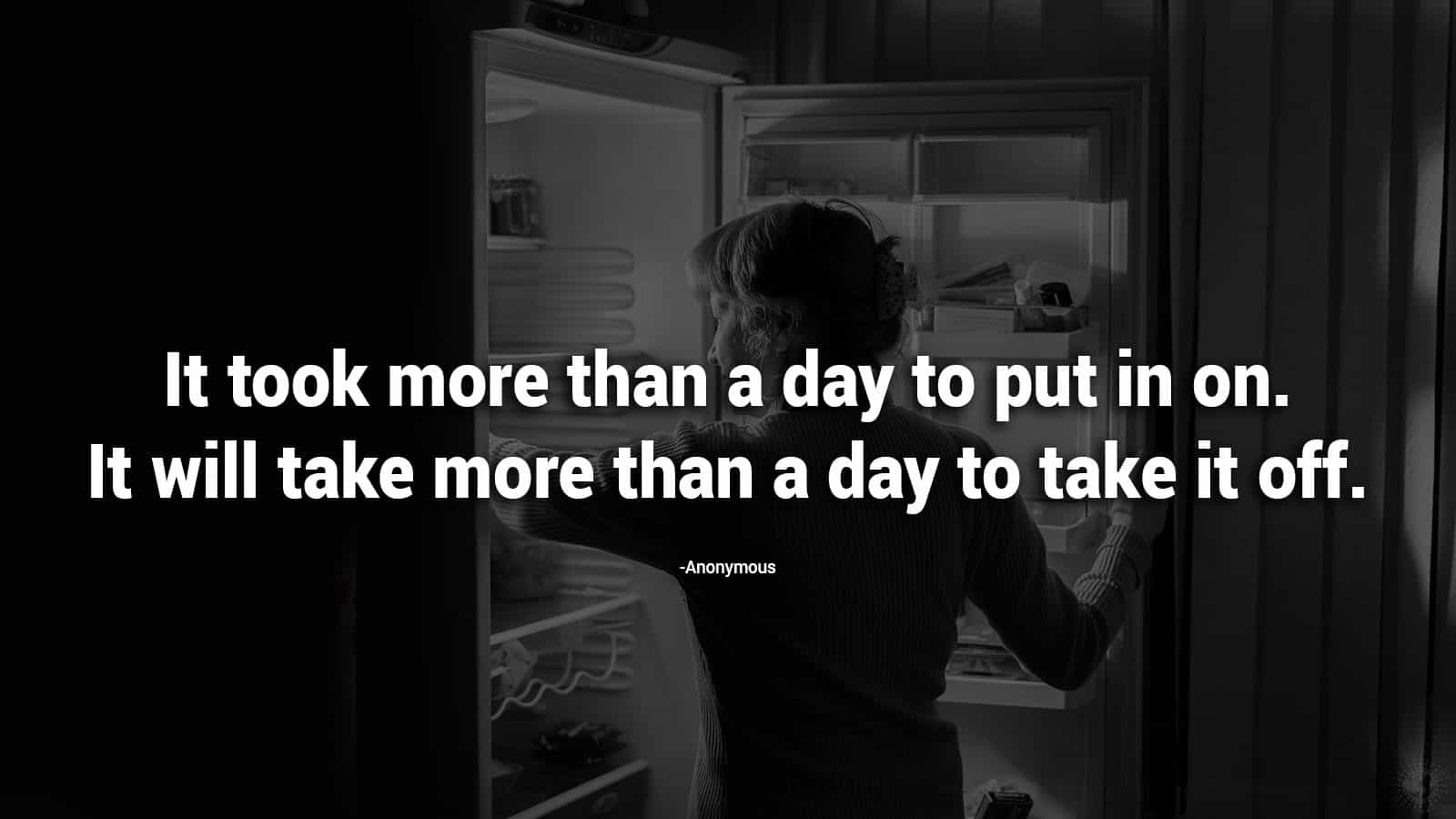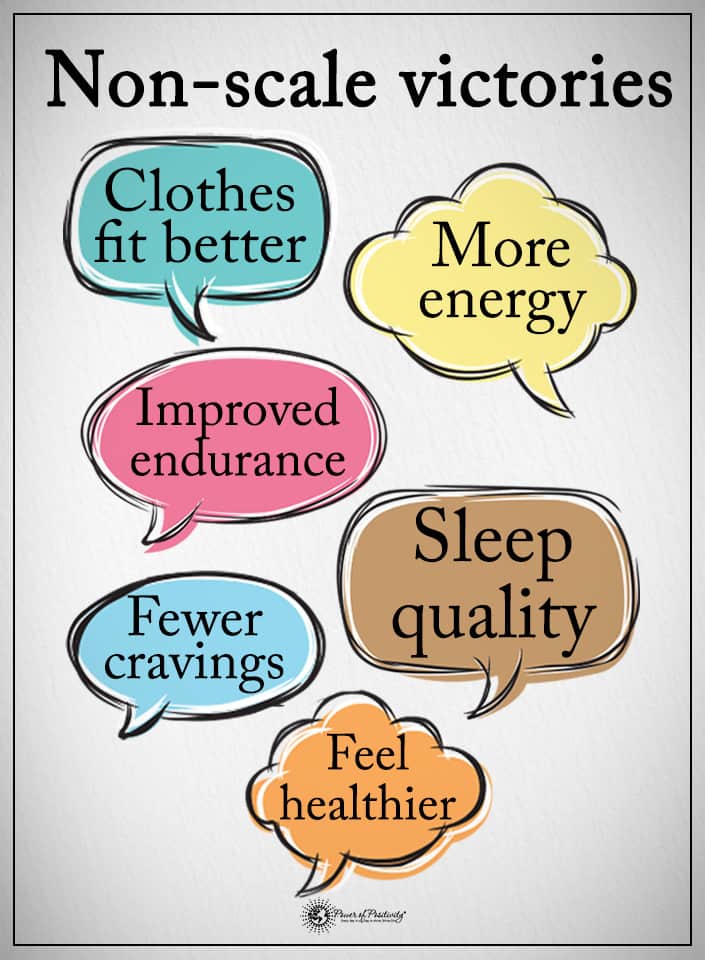Are you an overeater trying t break the unhealthy cycle? Most will agree that consuming a healthy, well-balanced diet is essential for good health. However, doing so is easier said than done for some people.
According to a study published by health.gov, the official website of the U.S. Department of Health and Human Services, many Americans not only make poor food choices but also tend to overeat.
Between 2015 and 2020, researchers involved in the study noted that many Americans routinely exceed the United States Department of Agriculture (USDA) recommendations when it comes to added sugars, saturated fats, and sodium.
Even those who do not exceed those recommendations and consume a healthy, well-balanced diet seem to have a problem with controlling their portion size when it comes to their meals, according to a separate study.
A Closer Look at America’s Love Affair With Food
Whether overeaters in America are consuming too much of the right or wrong foods, they are still putting themselves at risk of developing a plurality of health problems. After all, consuming too many calories, regardless of the food source, can lead to obesity. According to the Centers for Disease Control and Prevention, overeaters who are obese are more likely to develop the following:
- Hypertension
- High cholesterol
- Coronary heart disease
- Joint problems
- Type 2 diabetes
- Osteoarthritis
- Gallbladder disease
Along with these chronic diseases, individuals who are obese have a lower mortality rate than those who are height-weight proportionate. Of course, a diet consisting of too many added sugars, saturated fats, and sodium only makes matters worse by further increasing the risk of developing chronic diseases.
The Unsettling Truth About Overeaters in America
When it comes to excessive eating, multiple factors can drive people to engage in such behavior. And this is despite the consequences associated with doing so.
For some people, compulsive eating stems from an addiction to food. As such, their decision to eat, often uncontrollably, is not for the sake of providing the body with energy or nutrition but rather a food dependence. It is also worth noting that compulsive eating is a byproduct of a substance use disorder for some people.
To put this into perspective, a study published by the National Institutes of Health noted that an estimated 35 percent of individuals who abuse drugs or alcohol also have a co-occurring eating disorder. Of course, the factors that drive individuals to eat compulsively do not end there.
Many individuals use food to self-medicate and will often overeat to quell feelings of depression, anxiety, post-traumatic stress disorder (PTSD), and much more.
The Difference Between Overeating and Binging
There are a few notable differences between compulsive eating and binge eating.
Rather than a compulsion driven by substance abuse or as a means of self-medicating, binge eating is a mental illness that meets the criteria necessary to be deemed a psychiatric disorder per the Diagnostic and Statistical Manual of Mental Disorders, Fifth Edition (DSM-5).
In short, this means that binging is a stand-alone disorder that can exist in the absence of a substance abuse problem or another underlying mental health disorder, such as anxiety, depression, or PTSD. Statistically speaking, an estimated 2.8 million American adults struggle with binge eating, according to the National Eating Disorders Association.
15 Ways for Overeaters to Break the Cycle and Form a Healthier Relationship With Food
Whether your compulsion to overeat stems from a mental health disorder listed in the DSM-5, a byproduct of boredom, substance abuse, or a stand-alone addiction to food, the following might be worth putting into practice:
1. Counseling
If you have an underlying mental health disorder that is driving you to overeat, seeking the help of a licensed therapist can help. The same applies to those who are psychologically addicted to food or otherwise have a problem when it comes to binging.
In either case, therapists will recommend cognitive-behavioral therapy or another form of psychotherapy to help individuals identify and overcome the psychological triggers that propel them to eat uncontrollably.
During these counseling sessions, therapists will also guide overeaters on how to avoid emotional eating and also how to forge a healthier relationship with food.
2. Avoid Distracted Eating
According to a study published in the FASEB Journal, one of the world’s most cited biology journals, many people overeat without realizing it. And this is often the result of distracted eating. In short, distracted eating refers to eating while simultaneously engaging in secondary activity, such as surfing the internet, watching television, or reading, for example.
Distracted eating often leads to unintentionally overeating, which then leads to weight gain and a higher risk of developing chronic diseases.
3. Make Healthy Food a Priority
A quick way to fall into the trap of eating too much is by consuming too many of the wrong foods. For example, empty-calorie foods are not nearly as satiating as nutrient-dense foods.
Therefore, those who consume a diet made up primarily of empty-calorie foods tend to eat more, often in one sitting, compared to those who consume mainly a healthy, well-balanced diet.
For reference, empty-calories foods are those comprised, either entirely or in part, of sugar, fats, or oils.
4. Portion Control
Consuming smaller portions of food is not only a great way to lose weight but also helps to curb excessive eating. Instead of eating 2 or 3 large meals, you can have a few small snacks throughout the day instead, which keeps you feeling satiated and, at the same time, minimizes the likelihood of overindulging.
One way to control portion sizes is to avoid eating food, such as chips, cookies, and ice creams, for example, out of containers. Instead, carefully measure out a reasonable portion size, based on the nutrition label on the box, and put it on a plate.
5. Eat More Protein
A protein-rich breakfast in the morning can help keep you feeling full longer as you go about your day.
According to a study published by Science Daily, an online aggregator of scientific press releases, a breakfast consisting of eggs, bacon, and other protein-rich foods can improve appetite control, which significantly lowers the risk of overindulging as the day wears on.
6. Eat More Fiber
Along with keeping you regular, consuming more fiber keeps you feeling full longer, which means you’re less like to overeat. That said, if you find that you are always hungry, consider adding more whole grains and other fiber-rich food to your diet.
7. Keep a Food Journal
Much like controlling portion sizes, keeping a food journal can also help curb excessive eating. This unique form of self-monitoring is also an effective way to go about losing weight as it forces you to be more mindful of your eating habits.
And when it comes to excessive eating, specifically, food journaling can also help you identify emotional and situational trigger the compel you to eat even if you’re not hungry.
8. Avoid or Limit High Glycemic Foods
Along with triggering high blood sugar levels, which can pose a danger to those with diabetes, high glycemic foods, such as white rice,
French fries, doughnuts, and sugary cereals can increase feelings of hunger, which can drive you to overeat.
Brown rice, oats, and other low-glycemic foods, on the other hand, have the opposite effect in that they keep you feeling satiated longer. Thereby, these foods encourage you to eat less.
9. Mindful Eating
For those who are unfamiliar with mindful eating, it entails being in the moment while consuming food. And this comes down to acknowledging and embracing the experience with all of your senses.
While this might sound very “new age,” there is scientific evidence that shows mindful eating motivates individuals to eat slower, consume smaller portions, savor their food as they eat it, and chew more thoroughly. And all of these factors can go a long way toward minimizing excessive eating, not to mention weight gain.
10. Meal Prepping
Planning your meals a few days in advance can help you make better food choices. And this means that you’re less likely to reach for empty-calorie foods as a way to overcome feeling hungry, which, of course, leads to excessive eating.
11. Avoid or Limit Alcohol
Generally speaking, most individuals eat more when they consume alcohol. And this is because alcohol can stimulate appetite, especially among those who indulge in several alcoholic beverages with eating. So forgoing or having fewer drinks can significantly lower the likelihood of eating with reckless abandon.
12. Drink More Water
Along with contributing to weight gain and diabetes, consuming too many sugary sodas has been shown to increase appetite. Therefore, it is a good idea to substitute these beverages with water whenever possible.
13. Avoid Fad Diets
If you’re trying to lose weight, it would be a good idea to avoid fad diets. Although some of them do help with weight loss, many are too calorie-restricted for dieters to follow them long-term. As a result, many individuals go back to eating excessive and ultimately regaining weight.
14. Avoid Stress
Too much stress can cause a variety of health problems. And obesity caused by stress-induced excessive eating is no exception. That said, finding constructive ways to cope with stress can help break the cycle of overindulging.
15. Schedule a Physical Exam
In some cases, chronic hunger that causes excessive eating is a sign of an underlying health problem, such as low blood sugar or hyperthyroidism.
Scheduling a physical exam can help determine if a physical ailment is the cause of your problem. And if so, you can begin treatments to get it under control. Similarly, it may also be a good idea to seek the help of a licensed rehab facility if substance abuse is a factor in your overeating.
Final Thoughts on Why Overeaters Should Break the Cycle
In summary, there is a multitude of reasons for why some individuals eat food in excess. However, the bottom line is doing so can cause numerous health problems and may even take a few years off their life. That said, if you’re an overeater, and you’re concerned by your health and overall wellbeing, you’re encouraged to try some of the helpful tips detailed in this article today.

















 Community
Community

